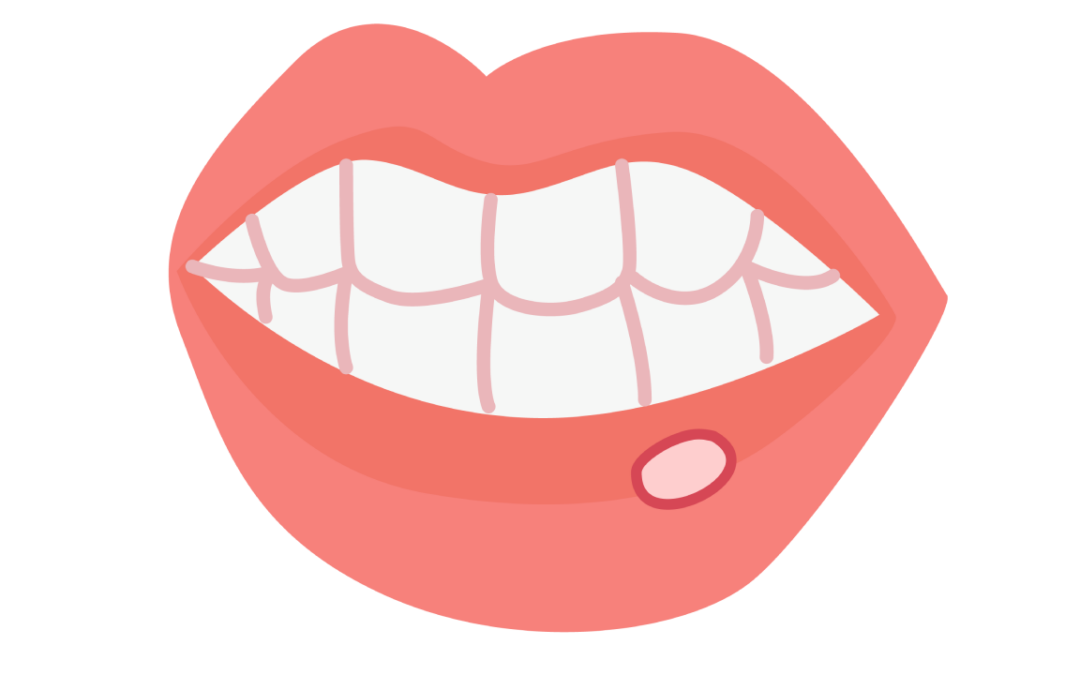Unlocking the Secrets of Mouth Ulcers: Causes, Symptoms, and Treatment
Mouth ulcers, also known as aphthae, are small, painful sores that occur on the mucous membrane inside the mouth. These ulcers can make everyday activities like talking, eating, and drinking uncomfortable. While they are common and usually harmless, mouth ulcers can be a sign of an underlying condition.
Causes of Mouth Ulcers
While there is no single cause of mouth ulcers, several factors can trigger their development:
– Injury from dental work, accidental bites, or sports injuries
– Irritation from toothpastes or mouth rinses containing sodium lauryl sulfate
– Lack of essential vitamins like B12, zinc, folate, and iron
– Allergic reactions to mouth bacteria
– Infections caused by bacteria, viruses, or fungi
– Reactions to certain foods like strawberries, pineapples, or citrus fruits
– Dental braces
– Emotional stress and lack of sleep
– Hormonal changes during menstruation, puberty, or menopause
Associated Conditions
Mouth ulcers can be a symptom of various underlying conditions, including:
– Celiac disease (gluten intolerance)
– Inflammatory bowel disease
– Behcet’s disease (inflammation throughout the body)
– Malfunctioning immune system
– HIV/AIDS
Types of Aphthous Stomatitis
Aphthous stomatitis is a condition characterized by recurrent mouth ulcers. There are three types:
1. Minor Aphthous Ulceration: The most common type, with 1-6 small, round or oval sores that heal within 1-2 weeks without scarring.
2. Major Aphthous Ulcerations: Larger and deeper sores with irregular edges, taking about 6 weeks to heal and potentially leaving scars.
3. Herpetiform Aphthous Ulcerations: Pinpoint-sized sores that occur in clusters, mostly affecting adults, and heal without scarring within 2 weeks.
Diagnosis and Treatment
Diagnosis is typically made through physical examination, with further testing like cultures or biopsies if necessary. Treatment focuses on managing symptoms and promoting healing:
– Home remedies like rinsing with salt water, applying baking soda paste, or using over-the-counter products like benzocaine
– Covering the ulcer with a protective paste or applying ice to reduce pain
– Taking vitamin and mineral supplements to address underlying deficiencies
By understanding the causes, symptoms, and treatment options for mouth ulcers, we can better manage these painful sores and prevent their recurrence.
References:
https://www.healthline.com/health/mouth-ulcers#prevention
https://en.wikipedia.org/wiki/Mouth_ulcer
https://www.dentalhealth.org/mouth-ulcers

